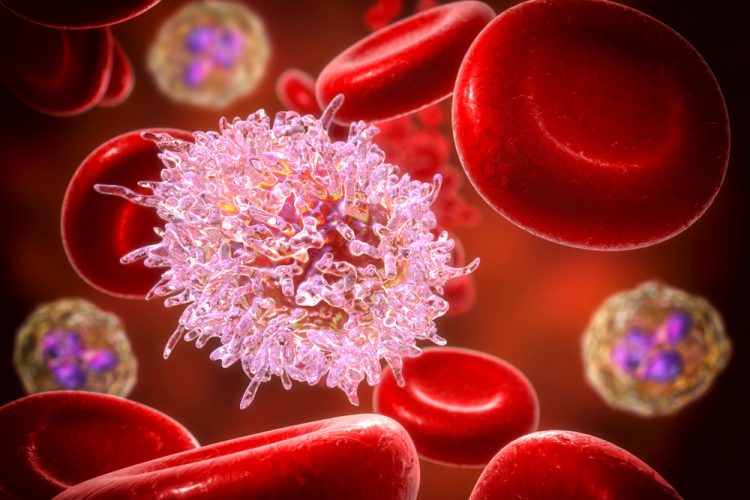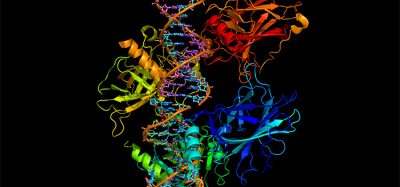CDK9 inhibitors for haematological malignancy treatment
Posted: 18 August 2023 | Drug Target Review | No comments yet
A novel category of drugs, CDK9 inhibitors, emerges as potent agents capable of suppressing the transcription of these anti-apoptotic and pro-survival proteins.

A fresh perspective in the realm of research emerged in the pages of Oncotarget’s Volume 14. The titled piece, “Exploring CDK9 Inhibitors as a Promising Adjunct in Haematological Malignancy Treatment,” took centre stage.
Within this novel viewpoint, the minds of researchers Daniel Morillo, Gala Vega, and Victor Moreno, affiliated with Hospital Fundación Jiménez Díaz, delve into the role of Cyclin-dependent kinases (CDKs) within haematological malignancies. These CDKs constitute a category of serine/threonine kinases requiring the assembly of heterodimeric complexes alongside cyclins to carry out their functions. Tasked with manifold processes within cells encompassing cell cycle, apoptosis, transcription, and differentiation, these kinases frequently exhibit heightened expression in various malignancies, rendering them potential focal points for innovative pharmaceuticals.
Predominantly, haematological malignancies hallmark themselves through the amplification of specific cancer-propagating genes like MYC, MCL1, and cyclin D1. Preclinical assessments on animal models have illuminated CDK9 inhibitors’ capability to curb the transcription of these anti-apoptotic and pro-survival proteins, consequently hinting at their prospective synergy with other medicinal agents. During its inaugural trial conducted on humans, enitociclib showcased clinical efficacy within a limited patient subset afflicted with high-grade B lymphoma and characterized by MYC, BCL2, and/or BCL6 rearrangements. Notably, this monotherapy yielded complete responses in 29 percent of the small cohort, amounting to 2 out of 7 subjects.
In concise terms, the overarching essence of this narrative unveils that a substantial number of haematological malignancies underscore the overexpression of distinct cancer-propelling genes like MYC and MCL1. A novel category of drugs, CDK9 inhibitors, emerges as potent agents capable of suppressing the transcription of these anti-apoptotic and pro-survival proteins.
Related topics
Gene Testing, Targets
Related conditions
haematological malignancies
Related organisations
Hospital Fundación Jiménez Díaz







